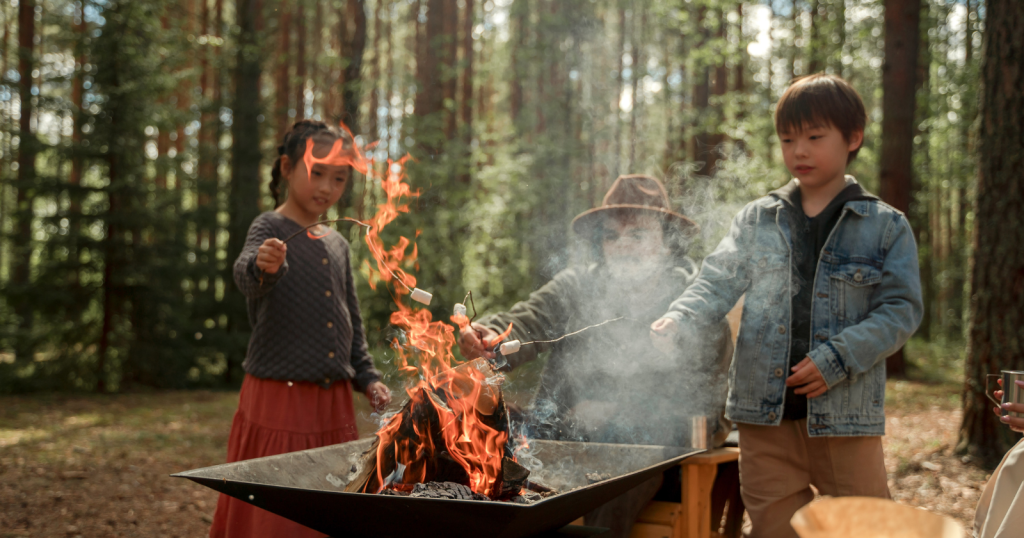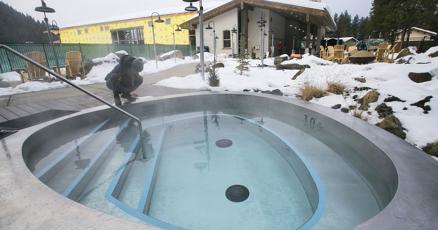Throwback Weekend: 10 Nostalgic Experiences That Define Lower-Middle-Class Memories

Growing up in a lower-middle-class household during the late 20th century meant embracing a unique tapestry of weekend experiences that shaped childhood memories. Weekend traditions were more than just activities; they were cherished rituals that brought families together and created lasting bonds.
Backyard camping became a magical adventure for many families who couldn't afford elaborate vacations. Parents would pitch makeshift tents, string up fairy lights, and transform the humble backyard into a wilderness expedition. Children would huddle under blankets, share ghost stories, and feel the excitement of "roughing it" just steps away from home.
Saturday mornings were sacred, marked by the glow of television screens and the infectious sounds of animated cartoons. Kids would wake up early, sprawl on living room floors in pajamas, and immerse themselves in colorful worlds of superheroes, talking animals, and imaginative adventures. These cartoon marathons were more than entertainment; they were a shared cultural experience that connected children across neighborhoods.
These simple yet profound traditions weren't about expensive experiences, but about creating joy, building family connections, and finding magic in everyday moments. They represented resilience, creativity, and the ability to transform ordinary weekends into extraordinary memories that would be cherished for generations.








